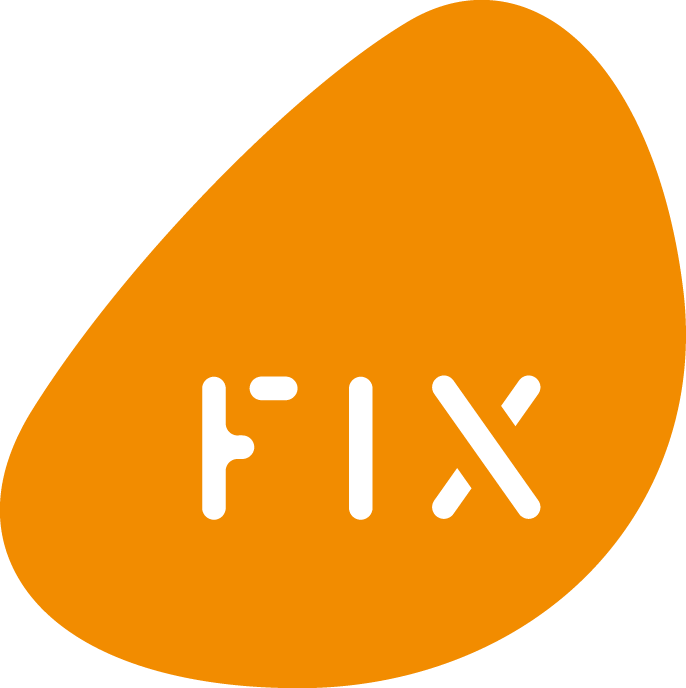In today’s fast-paced world, chronic stress has become an all-too-common companion, often leaving us feeling exhausted and overwhelmed. What if there was a way to manage stress, relieve anxiety and achieve a sense of tranquility? Learn how to recognise signs of chronic stress and discover how acupuncture can activate the body’s inherent healing response.
The Power of Acupuncture for Stress Management and Mental Wellbeing (Summary)
STRESS: AN AGE-OLD RESPONSE WITH MODERN CHALLENGES
THE SIGNS OF CHRONIC STRESS
ACUPUNCTURE: HOW CAN IT HELP?
Stress: An Age-old Response with Modern Challenges
At its core, stress is a natural response that dates back to our primitive ancestors. It served as a survival mechanism when faced with imminent danger. It could motivate and enhance performance. So why does it seem to adversely affect our health today? When we encounter a stressful situation, whether it’s work pressure, an argument, a difficult financial situation or an accident, our body’s “fight or flight” response is triggered. This activates the sympathetic nervous system, and the endocrine system releases hormones like cortisol and adrenaline, helping us cope with the situation. After the immediate stress subsides, cortisol levels return to baseline. However, when stress becomes chronic, the body continually senses threats, leading to prolonged cortisol release. This can disrupt regular physiological functions, impacting both mental and physical well-being.
DECODING CORTISOL: THE “STRESS HORMONE”
Cortisol, often referred to as the “stress hormone, ” is produced by the adrenal glands located on top of our kidneys.
It plays a crucial role in various bodily functions, such as metabolism, immune response, blood pressure control, and wake-sleep cycle regulation. In optimal levels, it helps digestive organs absorb nutrients and minerals; it enhances glucose production by the liver into the bloodstream, providing an immediate energy source for the “fight or flight.”
It also suppresses the immune system’s activity to help conserve energy for dealing with the stressor. It boosts blood pressure and heart rate to ensure that vital organs, muscles, and the brain receive oxygen-rich blood. Cortisol levels naturally follow a daily rhythm, peaking in the morning and decreasing at night. Chronic stress can disrupt this rhythm, leading to sleep disturbances and insomnia.
Yet, sustained high cortisol levels can weaken immunity, contribute to hypertension, heart disease, can trigger anxiety, depression, and cognitive issues.
Recognising chronic stress. Be attentive to:
- Low energy
- Headaches
- Upset stomach, including diarrhoea, constipation, and nausea
- Aches, pains, and tense muscles
- Chest pain and rapid heartbeat
- Insomnia
- Frequent colds and infections
- Loss of sexual desire
- Nervousness and shaking, ringing in the ears, and cold or sweaty hands and feet
- Dry mouth and a hard time swallowing
- Clenched jaw and grinding teeth
- Constant worrying
- Racing thoughts
- Forgetfulness and disorganisation
- Inability to focus
Acupuncture: how can it help?
Chinese medicine emphasises the interconnectedness of human systems. Optimal health stems from a harmonious energy flow (Qi) throughout the body. Stress disrupts this equilibrium, leading to physical and emotional imbalances, inflammation, pain, and weakened immunity. Chinese medicine aims to restore balance and activate the body’s inherent healing response. By targeting specific acupoints, acupuncture can stimulate the autonomic nervous system in these ways:
Relaxation Response: Inserting needles into acupoints triggers the body’s relaxation response, reducing the production of stress hormones like cortisol. This leads to a calmer mental state and reduced physical tension. Stress activates the sympathetic nervous system, while acupuncture can activate the parasympathetic nervous system, which initiates the relaxation response.
Endorphin Release: Acupuncture can stimulate the release of endorphins, the body’s natural painkillers and mood enhancers. These “feel-good” chemicals promote relaxation and alleviate stress and pain. Studies on acupuncture identified numerous mediators, including opioid and non-opioid serotonin, norepinephrine, dopamine, and GABA, which act with an analgesic effect.
Nervous System Regulation: Acupuncture has been shown to influence the autonomic nervous system, which controls the body’s involuntary functions. This regulation can help modulate the body’s response to stressors.
Sleep Regulation: Many individuals experience improved sleep quality after acupuncture sessions. Addressing sleep issues can contribute to overall stress reduction.
Some symptoms acupuncture can help with:

- Insomnia/sleep disturbances
- Feeling moody/ nervousness
- Teeth grinding/clenching
- Headaches/migraines
- Muscle tightness/ body tension
- Fatigue
- Low mood
- IBS
Combining acupuncture with other techniques like meditation, exercise, and proper nutrition can create a comprehensive approach to managing stress and promoting overall well-being.
Next Steps…
Fix provides a holistic approach to healthcare offering traditional eastern and modern medical services. Many people are turning to acupuncture as a drug-free alternative to improved health and wellbeing – acupuncturist Monica Cannazza provides a comprehensive care plan tailored the individuals unique needs.
Book at appointment today to explore a holistic pathway to reduced stress and anxiety.
Monica.cannazza@fixlondon.co.uk
Acupuncturist
REFERENCES
Sapolosky RM. Why Zebras Don’t Get Ulcers. New York: Freeman & Co; 1994
Haker E, Egekvist H, Bjerring P. Effect of sensory stimulation (acupuncture) on sympatheticand parasympathetic activities in healthy subjects. J Auton Nerv Syst. 2000;79(1):52–59 https://pubmed.ncbi.nlm.nih.gov/10683506/
Longhurst JC, Tjen-A-Looi S. Acupuncture regulation of blood pressure: two decades of research. Int Rev Neurobiol. 2013;111:257-71. https://pubmed.ncbi.nlm.nih.gov/24215927/
Li YW, Li W, Wang ST, Gong YN, Dou BM, Lyu ZX, Ulloa L, Wang SJ, Xu ZF, Guo Y. The autonomic nervous system: A potential link to the efficacy of acupuncture. Front Neurosci. 2022 Dec 8;16:1038945. https://pubmed.ncbi.nlm.nih.gov/36570846/
Source:https://www.fixlondon.co.uk
